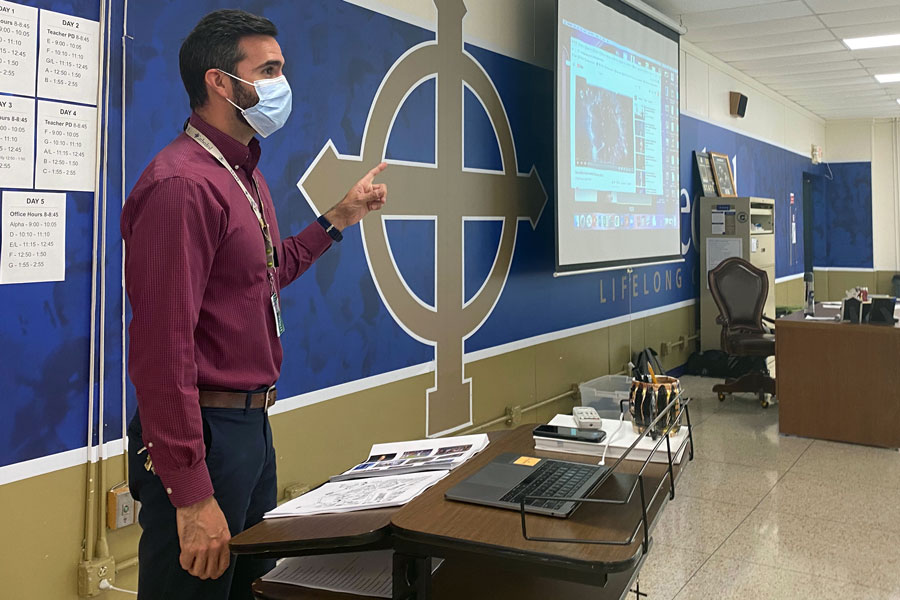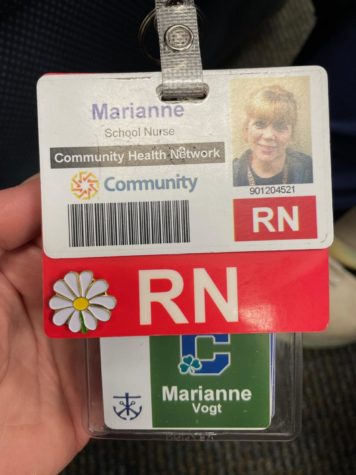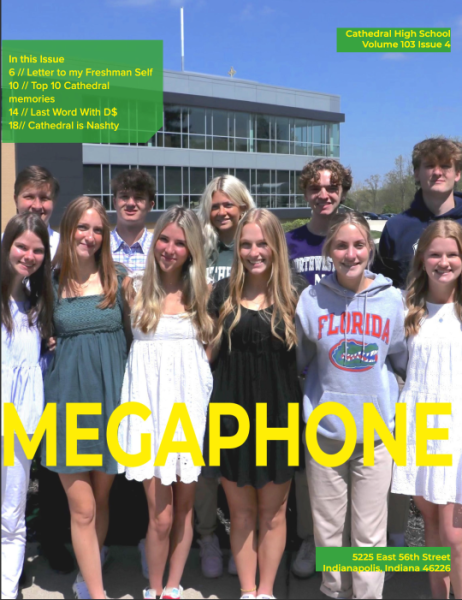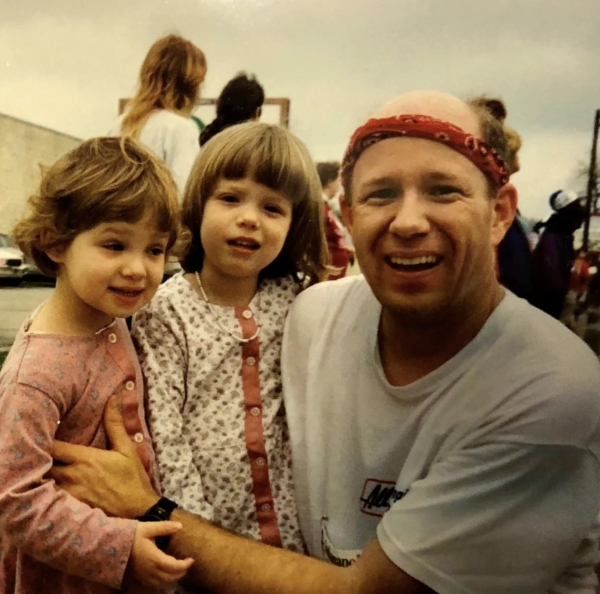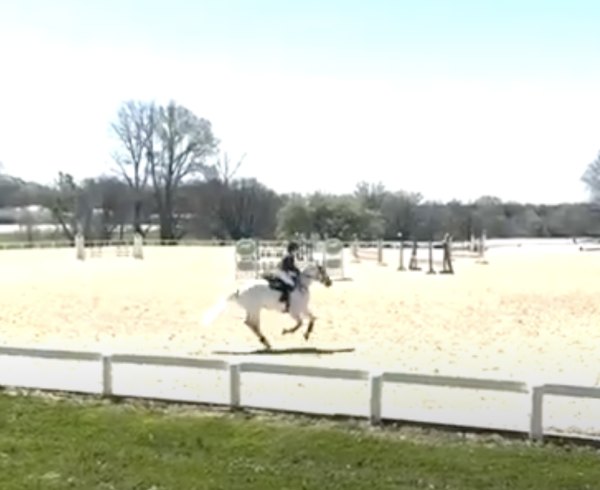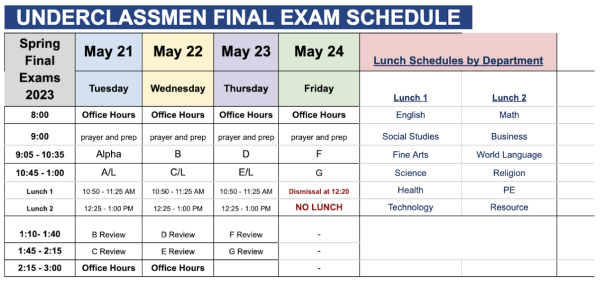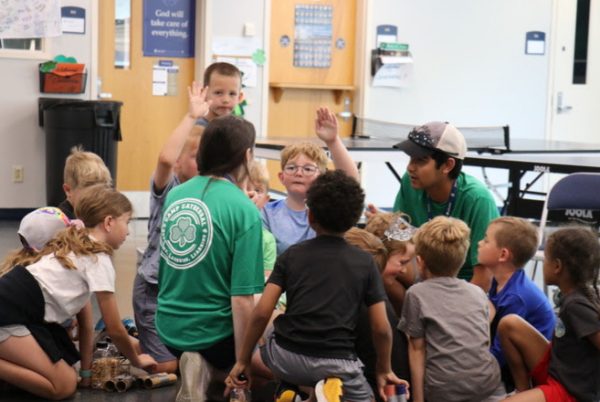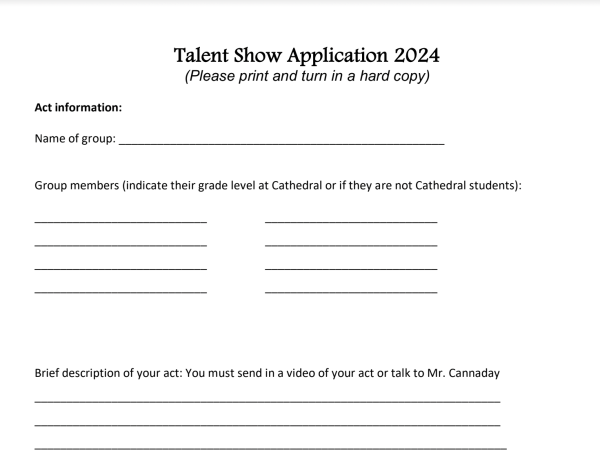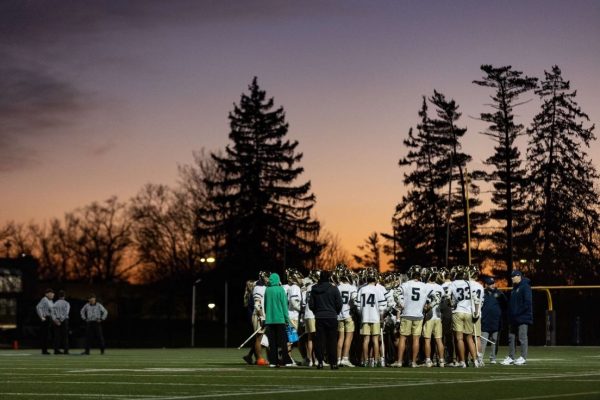Educators provide tips for maintaining academic focus
The end to a long, bizarre school year creates challenges
During E period, Mr. John O’Hara ‘02 provides instruction to one of his classes. O’Hara, along with counselor Ms. Kathy Pivonka, offered advice for students to stay motivated for the last few weeks of the school year.
Toward the end of the school year, and fourth quarter in particular, it is not uncommon for students begin to feel unmotivated and give up on their school work. Teachers, counselors and other staff members are able to see these changes.
Counselors particularly often note dramatic changes in grades. Nearing the fourth quarter, upperclassmen, especially seniors, develop what is known as senioritis, noted both an AP Psychology teacher and an academic counselor.
Counselor Ms. Kathy Pivonka said, “They’re pretty much wrapping up their high school career, but I think with warm weather, spring break and all that, it’s kind of hard to get back into the groove of things.”
She describes the quarter as a “hard road,” as students are coming off their spring vacation, which this year included a week of online instruction, and the weather is warm and students are looking forward to summer. Seniors particularly anticipate the freedom of college.
This year in particular has brought extra struggles due to Covid and the uncertainty. Pivonka said, “Consistency is important,” and many would say this year has been everything but consistent.
Keeping a list
Teachers, including AP Psychology teacher Mr. John O’Hara ‘02, are also able to see changes in students. Feeling unmotivated can be caused from both interior feelings and exterior feelings, he noted. “Psychologically, when you cross stuff off (that to-do list), it gives you a good feeling,” O’Hara said.
O’Hara also feels that social media can have a negative effect on students nearing the end of the year. Watching too much TV, being on social media constantly and using electronics in general can seriously affect your mental health and willingness to provide full effort on school work. He also said that many seniors may feel FOMO (fear of missing out) of usual events that would occur during their senior year.
Both Pivonka and O’Hara stressed the idea of reaching out and having those around you who are able to provide you with good advice and who can be there when you may need it. Holding it in can cause you to feel more stressed, and lead to a decline in your work.
Pivonka mentioned how she has felt a large sense of gratitude this year. Instead of looking back at things students and teachers have not been able to have this year, she is grateful for what we have been able to have, despite this year’s differences. O’Hara also mentioned not to take anything for granted, as Covid has changed much for the school year.
Underclassmen may also feel some of these struggles toward the end of the year, as they begin lacking on assignments as well.
However, students are not the only ones who begin to struggle toward the end of the semester. Teachers are just as ready to be done as the students, as they have been working all school year as well. Pivonka describes this as spring fever and excitement for the end of the year.
“The teachers are having their own spring fever, and the counselors and the rest of the staff, we’re all excited for spring and the end of the school year,” Pivonka said.
Making the pivot
In the beginning of the year, students had the option to stay online, due to personal safety concerns or for athletics. These students face feelings like no other, as they are not used to being strictly online for school. “I know that as we have virtual weeks (teachers) are working very hard to make sure the content is there and we’re covering the material,” Pivonka said. Staff and students pivoted to a week online following spring break.
Pivonka, along with the other counselors, are here to check in with those students who are feeling stressed, unmotivated or perhaps even lost. They are conducting routine grade check-ins with students, following up with them about their mental health, suggesting office hours and visiting the Learning Commons if needed.
Both O’Hara and Pivonka also stressed the importance of getting the assignment in rather than not turning anything in at all. This way, the student is able to gain some points, rather than none. They have recommended this throughout the entire school year, but especially toward the end.
While many schools have been online the entire school year, students here have had the option of being fully in person (with Mission Mondays), except for the period of time when the Indiana governor mandated a period of online instruction. Comparing this school’s schedule to others, Pivonka said she is “fortunate that we are on campus.”
Similarly, O’Hara mentioned that feeling a loss in motivation “is not an individual problem.” “There’s been a loss of balance of life. A little over a year ago we had a lot more balance. There was that time period that you didn’t have to be on the computer, that time period where you didn’t have to be at home,” O’Hara said.
Finding those who are there for you when unmotivated is an essential way to have a good mindset. Teachers, counselors, parents other students and more are there to help you. Reaching out is key. Pivonka said, “It may not feel like it now, but I feel like we are all going to be so much stronger.”

Caroline Schilling is the Megaphone Executive Editor and a Cathedran photographer. She has been on Megaphone staff since her freshman year. Caroline is...


